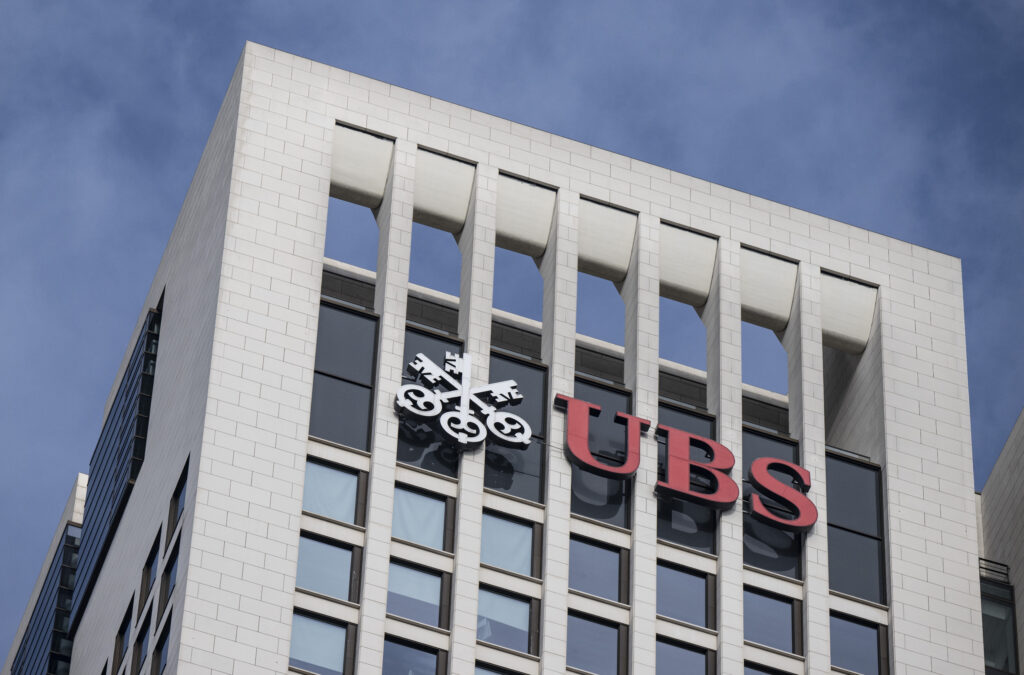Mon, Mar 27th 2023

Should CS managers be held accountable for the demise of the bank? Or should the newly merged CS-UBS bank be split up? Every facet of the shotgun merger between flailing CS and thriving UBS will be discussed at a special session of Switzerland’s Federal Council in April – with each political party voicing their concerns, local newspaper NZZ reports.
Nearly 70% of Swiss residents say they are angry about the surprise merger, according to one poll. And one of their biggest complaints is that they did not get a chance to weigh in on UBS buying CS. In a special session of Parliament, Swiss people’s representatives will finally get a chance to make their constituents’ demands known. (Read more: Protests, lawsuits and anger over the UBS-CS merger).

Perhaps the only thing all the political parties in Switzerland have agreed on is that the newly formed bank is too big. While Switzerland managed to rescue CS from failure, the colossal bank the country is left with is roughly twice the size of Switzerland’s economy. Should this oversized bank fail, Switzerland would be plunged into a financial depression, economists say.
With a megabank controlling most of the money in Switzerland, the country’s postal service bank, Postfinance, should be allowed to grant mortgages, according to the Social Democratic Party (SP). This is the only way that competition can thrive and fair rates can be set, according to SP leader Roger Nordmann.
President of the Centrist Party Gerhard Pfister says he supports that logic but counters that unrestricted market access to Postfinance has failed in the past. Moreover, cantonal banks will protest allowing the government-supported Postfinance to court money away from them.
The Free Democratic Party (FDP) says the merger should be partially reversed, and as quickly as possible. The FDP asserts that CS’s Swiss businesses could be broken off and listed separately on the market. This approach would increase competition, reduce job losses and lower the overall risk for Switzerland, according to the FDP. The party is already gathering signatures for a petition to be submitted to UBS’s directors.
When the Swiss Bank Corporation (SBC) merged with UBS in 1998, parts of the company were similarly sold off, pointed out the head of Switzerland’s Competition Commission (Weko) Andreas Heinemann. UBS could part with its riskier investment banking business and focus on asset management and local business. This is the “boring but solid cantonal bank model,” NZZ asserts.

The most popular political party in Switzerland, the Swiss People’s Party (SVP), is calling for CS leaders to be held accountable and for their bonuses to be returned. Both the FDP and Green Party support this.
Swiss financial regulator FINMA’s president Marlene Amstad announced last week that it is “exploring options” on taking disciplinary action against CS managers.
“CS had a cultural problem that translated into a lack of responsibilities,” Amstad told NZZ. She added that “numerous mistakes were made over several years” and that FINMA has directed six public “enforcement proceedings” at CS in recent years.
FINMA “intervened and used our strongest instruments,” she said.
At the very least, it would be “sensible and decent if the very well-paid managers would voluntarily pay something back,” Gerhard Pfister, President of the centrist Christian Democrats, told the SonntagsBlick.
Swiss Parliament has no judicial power when it comes to punishing CS and its leaders, but it could create a special commission to examine CS and who is responsible for its demise. Members of the SVP, FDP and SP are all calling for such a committee to be formed.

When the Swiss National Bank bailed UBS out in 2008, the nation put “too big to fail” regulations in place to prevent another such occurrence. Ostensibly, these regulations failed to prevent Switzerland’s current financial crisis, the SVP says.
Going forward there should be wage caps and a ban on bonuses at systemically important banks, according to the SP and the Green Liberal Party (GLP). Moreover, capital requirements should be very strict, they say.
Former SVP president Christoph Blocher proposed this exact model during the 2008 recession, but they fell on deaf ears in Parliament as nothing came to pass. Now his ideas are back at the forefront of the 2023 crisis. What will Switzerland learn this time around?
This article may be freely shared and re-printed, provided that it prominently links back to the original article.
